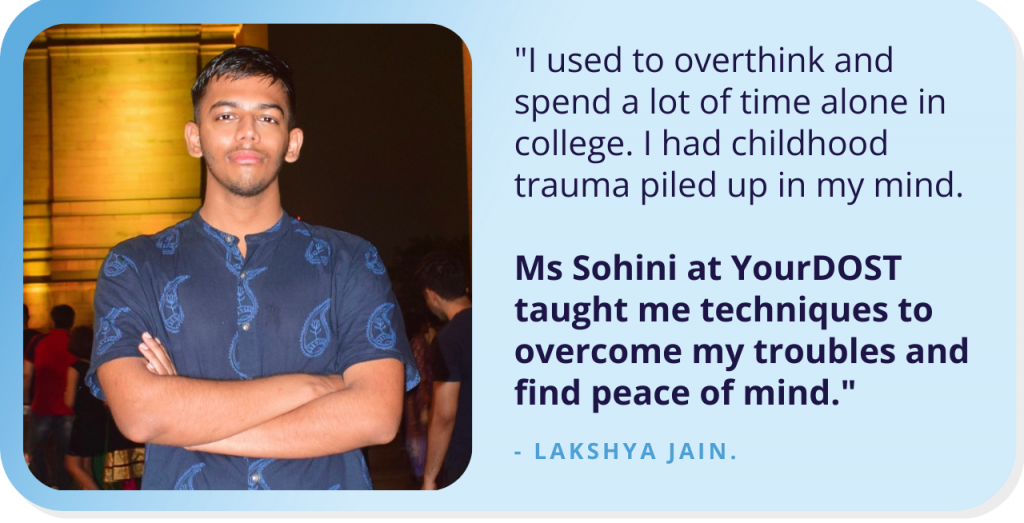
Women in Charge: Navigating Workplace Emotions

“Emotions are like waves. We can’t stop them from coming, but we can choose which ones to surf.” – Jonatan Martesson.
In the journey of progress, women have tirelessly worked to establish their rightful presence in society. Despite significant advancements in recent years, we continue to navigate various challenges, and one such opportunity for growth lies in managing emotions effectively in the workplace.
Can we agree that we’ve often found ourselves in situations where, despite having the necessary qualifications, we become frustrated and struggle to achieve the desired results in our workplace? Conversely, we have witnessed colleagues with similar backgrounds and qualifications maintaining their composure and achieving their goals. This is why we must develop a knack for handling these tricky situations for future success.
In this article, we delve into the significance of emotional regulation in empowering women to lead effectively in their careers.
Are Emotions Gendered?

We can agree that feelings like frustration, stress, or disappointment on the job are perfectly normal. But what matters is how we handle these emotions. Emotional regulation is all about managing our feelings in a way that doesn’t let them get in the way of our work or well-being.
Recent studies have uncovered some intriguing differences in how men and women express their emotions. Marianne Cooper, a sociologist at Stanford University, stated her observation in a podcast- “Status shows up in various ways depending on gender, and it’s also influenced by factors like race and social class.”
Marianne has noted a common perception: people tend to associate masculine traits and emotions with effective leadership while considering feminine qualities as less aligned with leadership ideals. Consequently, women often feel compelled to adopt more traditionally masculine characteristics in leadership roles. Typically associated with traits like warmth, empathy, and vulnerability, women find themselves at odds with the conventional image of a leader. When they practice assertiveness or express passion for their work, they frequently encounter negative feedback in professional settings.
It is time that women recognise that it’s natural for everyone to experience emotions in the workplace. However, we can develop skills in emotional regulation to better align with our leadership aspirations.
“Let’s normalise the display of emotions at work!”

Gentle parenting seems to be the norm these days, doesn’t it? We’ve all probably encountered terms like “assertive parenting” or “big feelings.” Well, it’s time we acknowledge that even women experience “big feelings” at work, and it’s not only okay to acknowledge them but also to manage them in a way that doesn’t harm us. Let’s explore how we can do that!
After thorough research, we’ve identified several effective strategies to achieve our goal.
Give those emotions a nod before managing them.

Let’s begin with a simple step: recognising those emotions. We can all agree that finding a solution to a problem starts with acknowledging the problem itself. While it may sound easy, we often overlook our feelings until they become too overwhelming to handle. Therefore, it’s crucial to take note of what we’re feeling and acknowledge those emotions.
Talk it out

Despite significant progress in the field of mental health, it remains a taboo topic. According to a study published in the Harvard Business Review, mental health conditions lead to the loss of over 200 million workdays, costing a staggering 16.8 billion dollars. Furthermore, 60% of employees have not yet felt comfortable discussing mental health at work.
Nevertheless, discussions surrounding mental health have become more prevalent, providing us opportunities to be honest and have discussions about our health. Many companies are actively encouraging their workforce to speak up about their challenges at work. Women, in particular, can benefit from seeking support from colleagues, mentors, or professional networks to discuss their emotions and gain perspective on managing them effectively in the workplace.
Enough about AI, let’s talk about EI (Emotional Intelligence)

Emotional Intelligence, a trending term lately, refers to the ability to recognise and understand both our own emotions and those of others, and effectively manage them. Research indicates that strong emotional intelligence contributes to successful emotion management in the workplace. An article by AAOHN (American Association of Occupational Health Nurses) highlights that while individuals today often possess cognitive intelligence, they frequently lack emotional intelligence upon entering the workforce.
Various studies suggest several ways to enhance emotional intelligence. Firstly, cultivating self-awareness is crucial for recognising areas for improvement. Secondly, having a mentor can provide valuable insights into our weaknesses. Finally, demonstrating empathy in the workplace facilitates effective communication.
Self-care is the Mantra

We can’t emphasise enough how important self-care is for women today. As women, we’re frequently expected to be selfless, nurturing, and less assertive, even in the workplace. However, this often results in us taking on additional responsibilities and the accompanying stress. This is why it is paramount that we start believing in the power of self-care.
We all have something that de-stresses us. Whether it’s listening to music, practising breathing meditation, taking a walk, or simply stretching, find a method that suits you and begin taking care of yourself.
You’ve got this!
As women in the workplace, we are aware of the challenges in asserting our leadership abilities while garnering the same respect our male counterparts do. Talk it out, let those feelings vent. Engaging in conversations about our emotions can bring us one step closer to managing them and becoming our ideal selves. Like we say, you’ve got this!






